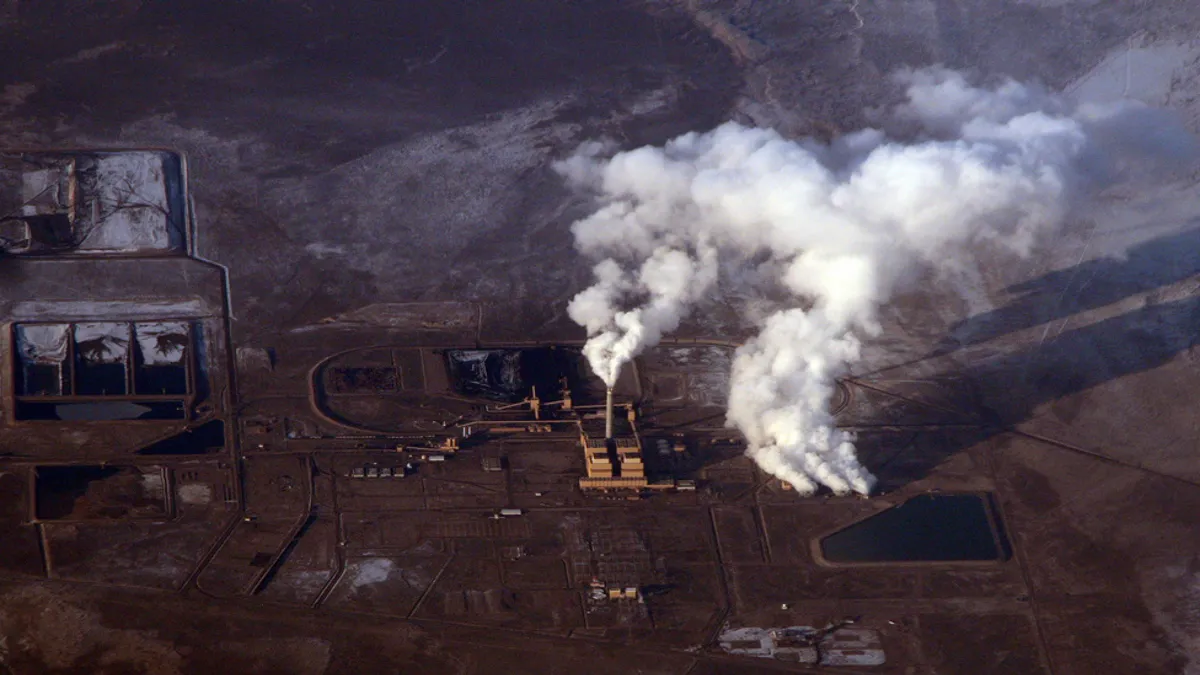Dive Brief:
- Shuttering the Huntley and Dunkirk coal-fired power plants in Western New York would not threaten the reliability of electricity delivery there, the New York Independent System Operator concluded in a study released this week.
- NYISO found that completion of transmission system upgrades now being done by National Grid will make it possible to close the Dunkirk plant by the beginning of 2016, and the Huntley plant by March, with system reliability unthreatened through at least 2020.
- Legislators have already contemplated the impacts of closure on area communities, creating a $19 million support fund. NRG Energy, the owner of the plants, has asked the Federal Energy Regulatory Commission to determine what it would cost to operate the Huntley plant after its scheduled retirement date of March 1, 2016 — a move opponents call a ratepayer-subsidized $260 million bailout fund for the Huntley plant closure.
Dive Insight:
The two NRG-owned plants are generally considered some of the most polluting in the state, Politico New York reports, and New York Gov. Andrew Cuomo wants to convert the Dunkirk plant to natural gas, which has been mothballed due to a lawsuit alleging the state interfered in power markets to keep it open.
Environmentalists say the NYISO report blocks NRG's strategy to keep one of the generating stations open. The plan was to ask regulators to shutter both facilities so they would decide Huntley is needed to maintain system relaibility, Sierra Club officials told Politico.
NRG officials flatly reject that was their strategy, and say their coal plant emissions have improved in recent years.
"Huntley is actually one of the cleanest coal-fueled power plants anywhere," David Gaier, senior director for communications at NRG, wrote to Utility Dive. "In 2005 NRG spent $35 million to convert Huntley to use low-sulfur PRB coal, which produces fewer emissions. In 2009, NRG took a much bigger step, investing $115 million more to install what are called “backend” environmental controls at the plant."
It was National Grid, Gaier pointed out, that asked NRG to keep Dunkirk in service after it announced it would be mothballed in March 2012.
With 20% of New York’s power plants over 50 years old and 40% over 40 years old, more closures and conversions to natural gas are expected. This will accelerate as the state moves toward its mandated doubling of renewables and 40% reduction of carbon emissions by 2030.
Nationwide, natural gas is overtaking coal as the dominant generation fuel. An October 7 report from the Energy Information Administration showed that gas generated 35.0% (140 billion kWh) of U.S. electricity in July, edging out coal for the second consecutive month, which came in with 34.9% (139 billion kWh).
Editor's Note: This post has been updated to reflect comments from NRG Energy.













